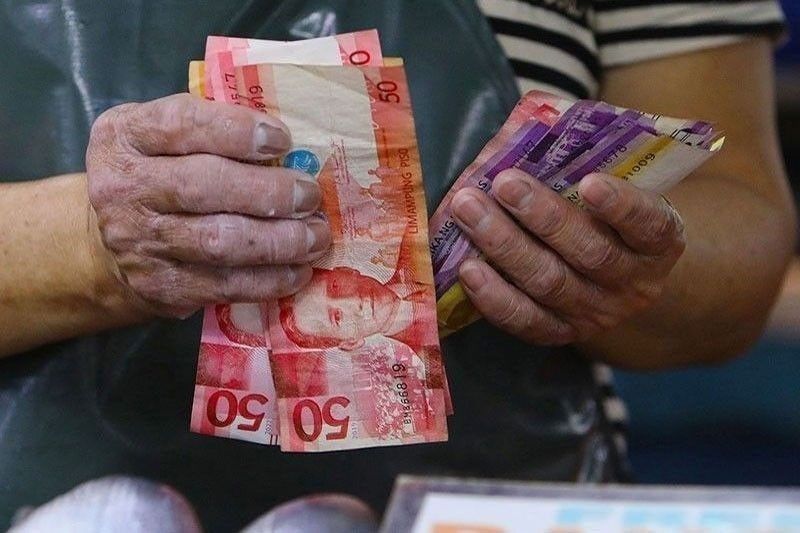
Upgrade to High-Speed Internet for only ₱1499/month!
Enjoy up to 100 Mbps fiber broadband, perfect for browsing, streaming, and gaming.
Visit Suniway.ph to learn
Daphne Galvez - The Philippine Star
April 4, 2025 | 12:00am
“Considering that the oral argument has been concluded, we will require the parties to submit their respective memoranda, including the amicus curiae (friend of the court), within 30 days from today,” Chief Justice Alexander Gesmundo said.
Businessworld / File
MANILA, Philippines — After five days of public debates, the Supreme Court concluded yesterday the oral arguments on the petitions challenging the constitutionality of the transfer of P89.9 billion unused funds of the Philippine Health Insurance Corp. (PhilHealth) to the national treasury.
“Considering that the oral argument has been concluded, we will require the parties to submit their respective memoranda, including the amicus curiae (friend of the court), within 30 days from today,” Chief Justice Alexander Gesmundo said.
During the hearing, Finance Secretary Ralph Recto warned that the country could risk losing its bid for a credit rating upgrade if the SC decides favorably on petitions for the return of P60 billion in “idle” funds to PhilHealth.
“If the ruling (to return the money to PhilHealth) were for 2025, that will add a fiscal pressure to our deficit and that would entail us not hitting our deficit targets this year,” Recto said.
“And if you miss that, then we may not attain our coveted credit rating upgrade that we foresee in the next 18 months,” he said.
Recto argued that sweeping idle funds of state-run corporations is in line with the medium-term fiscal framework (MTFF) aimed at slashing the budget deficit as well as the debt level.
Acting on several petitions, the Supreme Court issued a temporary restraining order last October on the transfer in stages of P89.9 billion in “idle” PhilHealth funds to the national treasury.
Under the MTFF, this year’s budget gap is projected to reach P1.54 trillion, up two percent from the 2024 level of P1.51 trillion.
The Marcos administration’s economic team has been pushing for an “A” credit rating upgrade, a goal that significantly hinges on fiscal reforms through consolidation efforts.
Securing a credit rating upgrade would demonstrate the country’s ability to pay off its obligations. This is also crucial in securing lower interest rates for its loans.
Recently, the Philippines exited the Financial Action Task Force’s gray list, which is a step for the country toward securing a credit rating upgrade.
Recto emphasized the importance of redirecting idle funds to help the country grow faster after suffering from the impact of the pandemic, as well as to navigate ongoing geopolitical tensions.
Also during oral arguments, former finance chief Margarito Teves said the reallocation of idle government funds is not a new practice.
He said during the Ramos administration, a fund diversion was done “during the time when the Philippines and Asia were actually confronted with the Asian financial crisis.”
Teves said the Ramos administration was able to address the fiscal challenge and even recorded a surplus after the reallocation of idle funds.
PhilHealth warns hospitals
Meanwhile, PhilHealth spokesman Israel Pargas warned hospitals of legal action if they disregard the lifting of the 45-day benefit limit rule for available case rates.
Pargas said erring health facilities would be sent a warning letter first.
“If nothing happens, we will file appropriate action for violation of their performance commitment,” he said. “Of course, we don’t want that to happen because we want our providers to be giving quality of care but in case it happens and it went through due process and after exhausting all remedies, our legal (office) can then file a case appropriate to the violation such as breach of warranties of accreditation,” he said. – Louise Maureen Simeon, Rhodina Villanueva

 2 months ago
17
2 months ago
17



